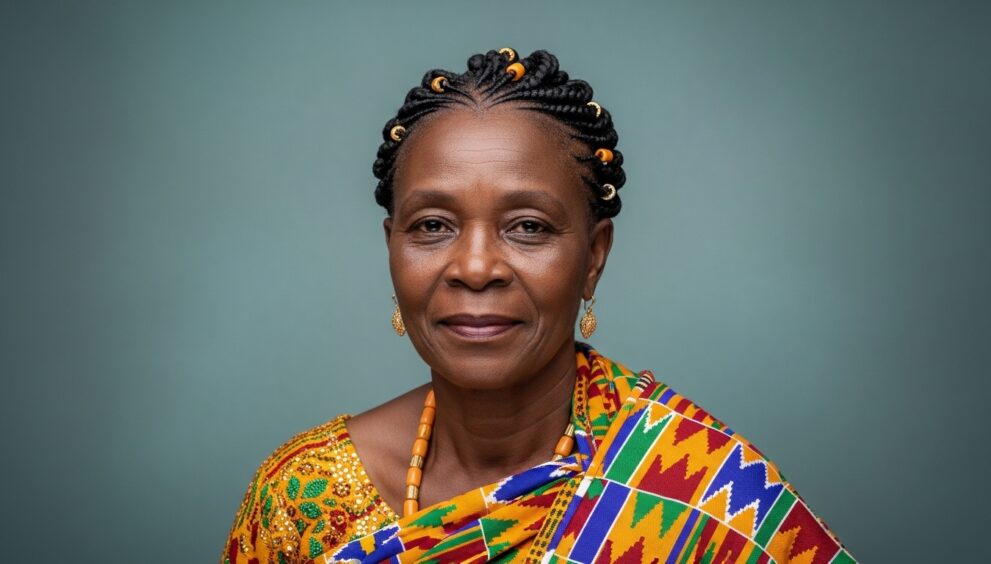Despite notable progress in public health, Ghana continues to grapple with a sobering reality: its average life expectancy, pegged at 65.5 years as of 2023, remains significantly below the global average of 72.24 years. This disparity, according to Dr. Franklin Asiedu-Bekoe, Public Health Director at the Ghana Health Service (GHS), is rooted in a complex interplay of systemic, financial, geographic, and societal factors that demand urgent and coordinated action.
Dr. Asiedu-Bekoe draws a stark contrast between Ghana and developed nations, where structured health systems ensure early detection and management of diseases. In Ghana, however, children are still dying from vaccine-preventable diseases and malaria, while adults often face late diagnoses of chronic conditions like diabetes and hypertension.

“ In developed countries, these diseases are detected early and managed effectively. In Ghana, the absence of structured screening systems means many people only seek care when complications arise”
Dr. Asiedu Bekoe
This systemic gap not only shortens lives but also places immense pressure on an already overstretched healthcare infrastructure. Even when diseases are diagnosed, financial constraints often prevent patients from accessing or adhering to treatment. “The long-term cost of managing non-communicable diseases (NCDs) is simply unaffordable for many Ghanaians” Dr. Asiedu-Bekoe noted. This leads to poor medication adherence, disease progression, and ultimately, premature death.
The National Health Insurance Scheme (NHIS), while helpful, does not fully cover the cost of chronic disease management, leaving many to rely on out-of-pocket payments. Access to specialized care remains highly uneven across the country. Rural communities, in particular, face limited access to specialists and diagnostic facilities, making it difficult to manage complex conditions.
" Unlike in developed countries where healthcare is equitably distributed, in Ghana, your location can determine your survival ”
Dr. Asiedu Bekoe
This urban-rural divide exacerbates health inequities and undermines national efforts to improve life expectancy. Ghana has made commendable strides in reducing under-five mortality through high vaccine coverage, earning recognition as one of the best-performing countries in Africa in this regard. However, this success has shifted the national disease burden toward non-communicable diseases, which now pose the greatest threat to adult survival. “We are struggling with NCDs” Dr. Asiedu-Bekoe admitted, noting that the health system has not yet adapted to this new reality.
Addressing NCDs requires more than medical intervention—it demands societal transformation. Dr. Asiedu-Bekoe pointed to the lack of “enabled environments” that support healthy living. “There are no safe places for children to ride bicycles or for people to walk. We need to create environments that promote physical activity and healthy choices,” he urged.
This call highlights the need for cross-sectoral collaboration involving urban planning, education, and public policy to foster a culture of wellness. Ghana’s life expectancy challenge is not merely a health issue—it is a national development concern. To close the gap with global standards, the country must invest in health system strengthening, financial protection, rural health equity, and preventive care infrastructure. As Dr. Asiedu-Bekoe aptly put it, “Improving life expectancy in Ghana requires a holistic approach that goes beyond the health sector”.
The path forward is clear: bold policy reforms, strategic investments, and a collective commitment to building a healthier, more equitable Ghana.
Source: How long would you live in Ghana? GHS Public Health Director breaks down 5 factors – MyJoyOnline




